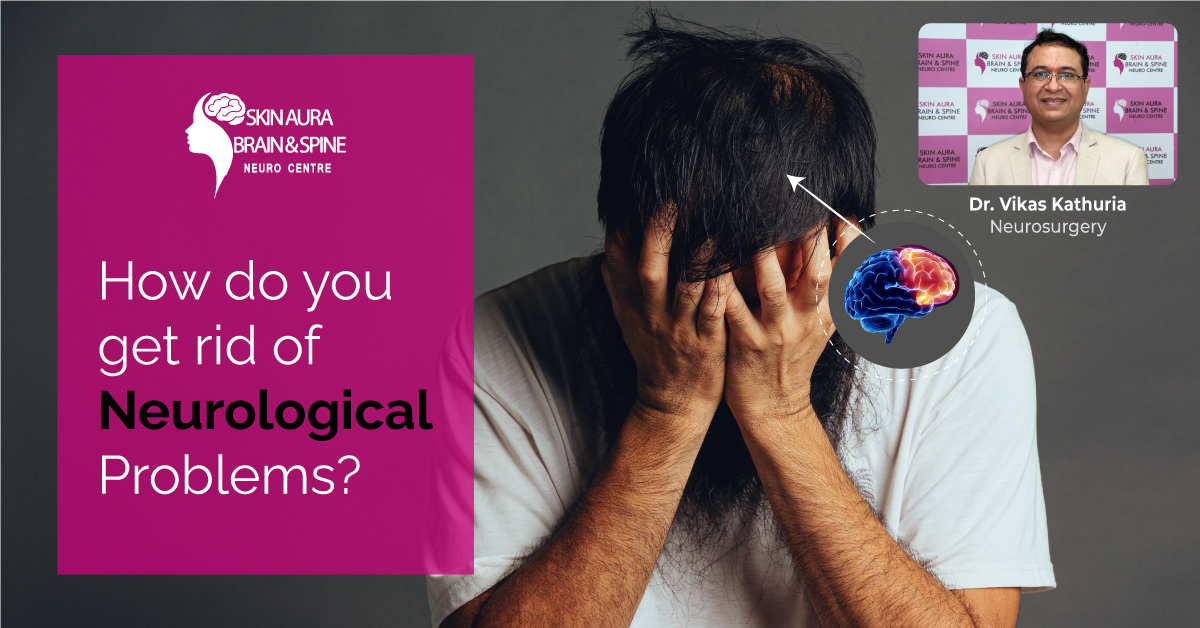When we talk about neurological problems, yes, they are not that frequent, but to whomever they occur, it does become a serious issue. Hence, one needs to take these neurological problems seriously and act upon them at the earliest without having to wait any further long indeed. A sick person’s primary concern will always be whether or not they will ever be able to return to total health. The answer to that query is sometimes “yes,” sometimes “no,” and sometimes it’s a very heavily qualified “yes” with a slew of unknowns.
Treatment and sufficient rehabilitation can improve the prognosis for some neurological disorders, but the prognosis for others can be bleak. Rather than focusing on a potentially inaccessible remedy, the patient’s lifestyle may need to be adjusted to tolerate better whatever limitation the disease has imposed.
Neurological Disorders Treatments
Aside from the question of a cure, people with neurological problems may be referred to rehabilitation to regain some lost function. This is usually a positive indicator, as it’s uncommon to discover a patient in therapy who has little to no chance of making a partial recovery.
• Lifestyle adjustments to either avoid or decrease the impact of such problems
• Physiotherapy to manage symptoms and recover some functions are standard therapies for neurological disorders.
• Pain management, as many disabilities are accompanied by significant discomfort.
• Medication to either refurbish function or prevent the patient’s condition from worsening
Treatments for Cognitive Therapy
Cognitive-behavioral therapy, also known as talk therapy, is one technique for treating primarily behavioral neurological disorders. CBT aims to refocus a patient’s thoughts and behavior around their disability. While this is not the right approach for many nervous systems and brain problems, like epilepsy or Parkinson’s disease, it has demonstrated to be effective in treating ADHD, anxiety, and other mood disorders, as well as a variety of largely psychogenic impairments. It has several benefits, the most important of which is that it does not risk side effects as medications or other procedures do.
The Advantages of Neurological Disorder Treatment in a Residential Facility
Hopefully, the advantages of residential neurological condition therapy will exceed the inconvenience of moving to the institution. The patient, the patient’s friends and family, and the attending doctor or another mental health practitioner should all work together to decide to report for such treatment.
The advantage of an inpatient or residential treatment is that the patient’s environment will be under the control of clinic staff for the duration of their stay. A multidisciplinary inpatient strategy can be helpful for a wide range of neurological illnesses, from epilepsy to Parkinson’s disease.
The Advantages of Neurological Disorder Treatment in a Residential Facility
Hopefully, the advantages of residential neurological condition therapy will exceed the inconvenience of moving to the institution. The patient, the patient’s friends and family, and the attending doctor or another mental health practitioner should all work together to decide to report for such treatment. Hope this guide will help you.
